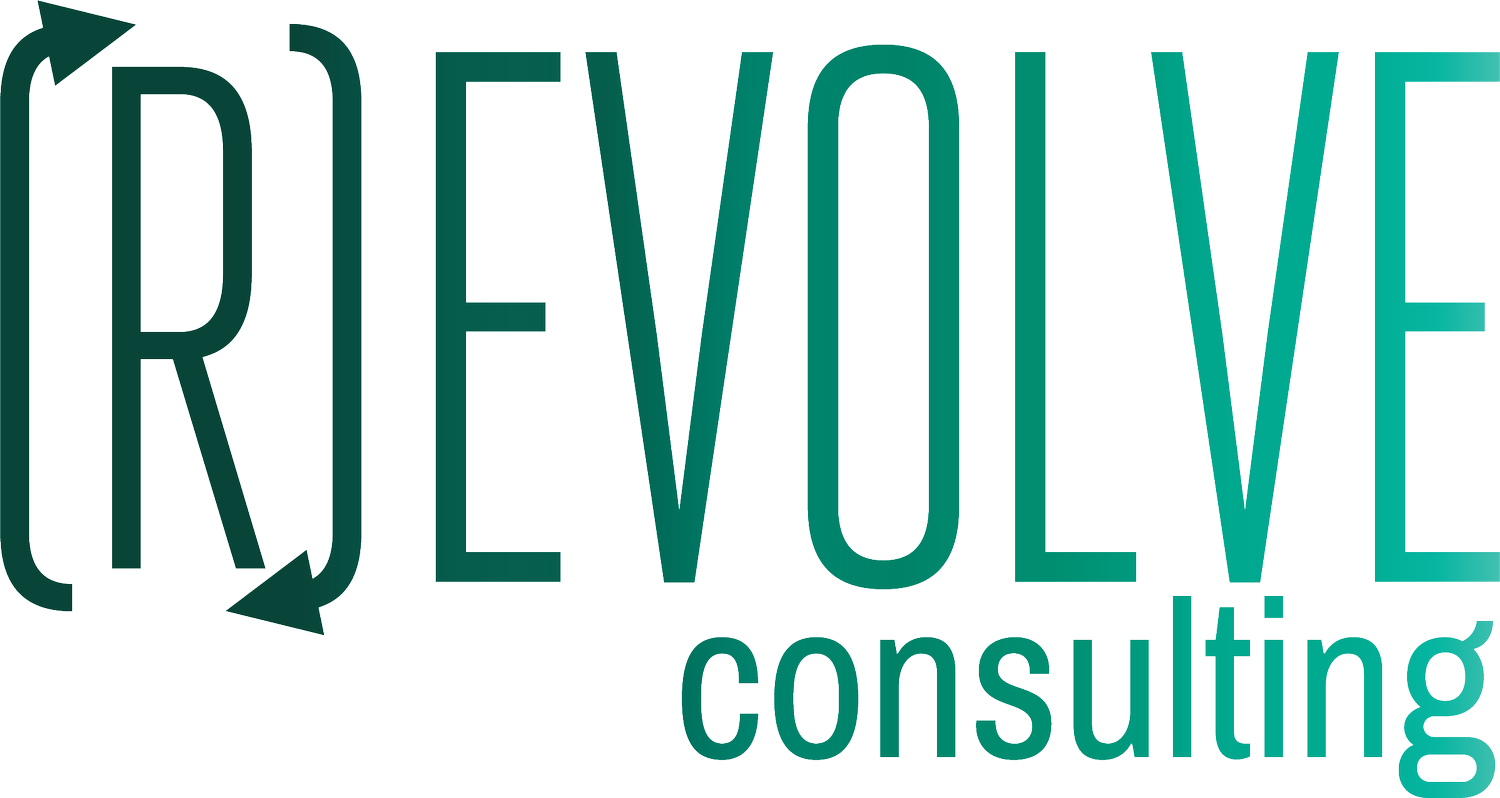Ep 1: How to get more candid feedback in a leadership role
The Belonging Chronicles - Episode 1: Feedback as a Leader
Title: "How to Get More Candid Feedback in a Leadership Role"
Welcome to The Belonging Chronicles, a series brought to you by (R)EVOLVE Consulting. Our mission is to help organizations build belonging, and in this episode, we address a crucial question that many leaders face: How can I get people to give me more candid feedback, especially since I'm in a leadership role?
In a conversation between Janelle Williams-Melendrez, Dan Cordero, and Jeff rey Bucholtz from (R)EVOLVE Consulting, they discuss various strategies to encourage candid feedback. One important realization they highlight is the need to set up mechanisms for feedback instead of merely absorbing it. By creating opportunities for feedback, leaders can gather valuable insights from their team members.
Dan suggests that establishing a culture that values and highlights accomplishments can make it easier for employees to engage in more uncomfortable conversations. When recognition and appreciation become ingrained in the organizational culture, it becomes less intimidating for individuals to provide feedback, even if it raises concerns or points out areas for improvement.
Janelle shares that feedback should be viewed as an investment in personal and professional growth. When leaders communicate what they are working on and specifically ask for feedback in those areas, it fosters a sense of unity and collaboration. By sharing their development goals and requesting input from their team, leaders convey their commitment to growth and create an environment of trust and openness.
To address potential hesitancy or fear associated with giving feedback, Jeff recommends offering alternative channels for communication. Anonymity can empower individuals to express themselves more honestly, especially if they perceive potential negative consequences for their career prospects or work relationships. By providing varied access points for feedback, leaders can extract different perspectives and encourage a more inclusive dialogue.
Additionally, Janelle and Dan also emphasize that the effectiveness of feedback mechanisms relies heavily on the follow-through. It's essential to demonstrate that feedback is valued and acted upon. If leaders fail to address feedback or actively engage with it, team members may become disillusioned and disheartened.
Moreover, leaders must approach feedback with humility, recognizing that they still have much to learn and understand. When faced with feedback that they don't fully comprehend or agree with, leaders should seek clarification and engage in conversations that foster understanding. By approaching feedback with humility, leaders can create a safe space for discussions, considering different perspectives without dismissing or ignoring feedback.
Additionally, Janelle highlights the importance of building strong relationships outside of feedback scenarios. Investing in professional relationships enables leaders to receive feedback within the context of an established rapport. When team members feel acknowledged and respected outside of feedback situations, their input is more likely to be received positively and constructively.
Accountability partners can also play a vital role in navigating feedback. By seeking guidance from a trusted colleague or mentor, leaders can gain additional insights and support in interpreting and responding to feedback. These partnerships can provide a more personalized approach to growth and accountability.
In conclusion, leaders can create an environment that encourages candid feedback by implementing several strategies. Cultivating a culture of appreciation and recognition, providing alternative channels for feedback, demonstrating humility, and seeking guidance from accountability partners are all essential steps. By valuing feedback as an investment in growth and acting upon it, leaders can foster a workplace that promotes open dialogue, trust, and continuous improvement.
Join us for the next episode of The Belonging Chronicles as we continue to explore topics related to building belonging in organizations. Don't forget to like, subscribe, and follow the (R)EVOLVE channel for more insightful content.
Thank you for tuning in!
